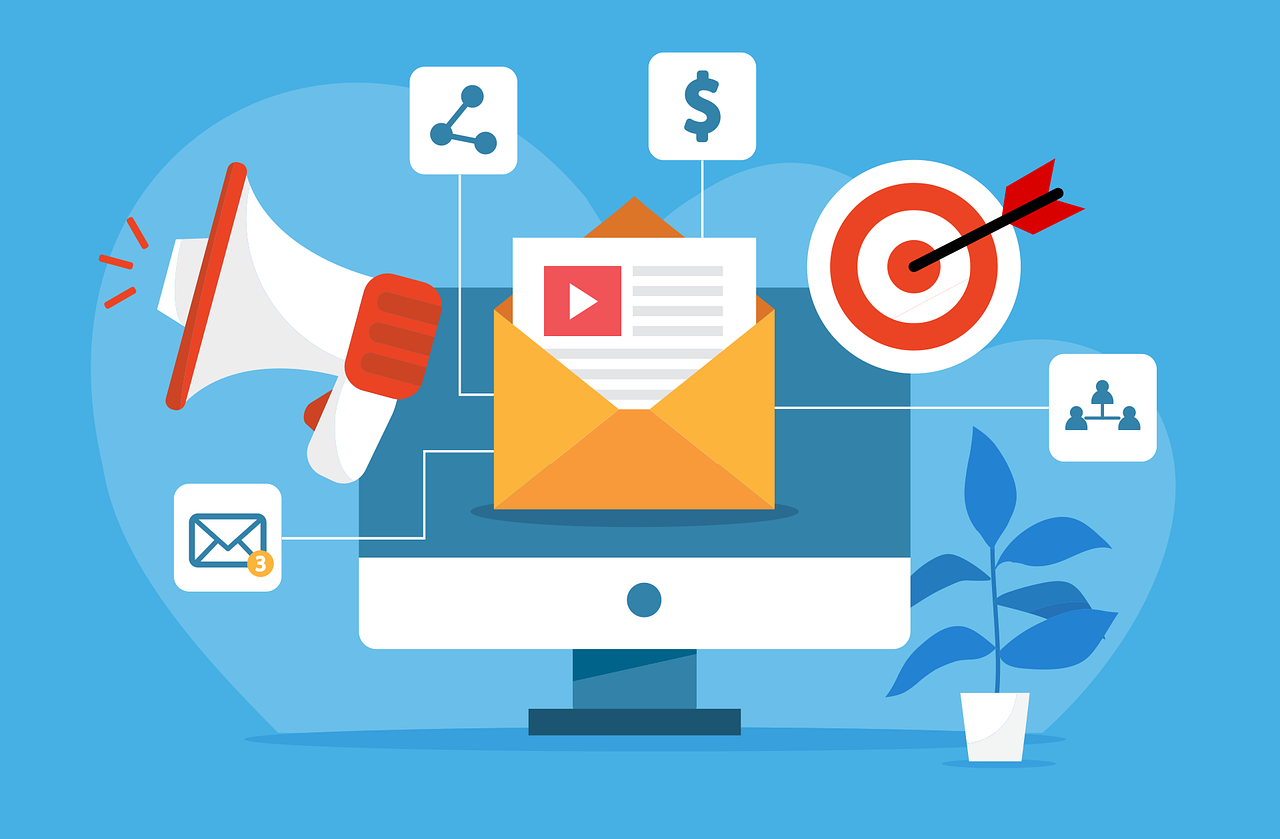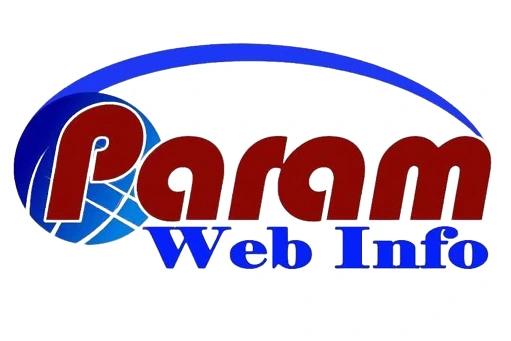Email marketing is the digital marketing practice of communicating with leads and customers with email.
Common email-based marketing messages include email newsletters, promotional campaigns and event announcements.
Email marketing typically has a significantly higher ROI than many other marketing channels (like social media).
The #1 thing that makes email marketing more effective than SEO and social media is that you have a direct line to your audience.
Our Email Marketing Service
At Paramwebinfo Consultants, what makes us stand out from the crowd of email marketing companies in Raipur are our email marketing strategies and email marketing services specific to every business. Whether you are a food joint or a small boutique owner who wants to promote a flash sale offer, we customize our email marketing strategies and content to meet your expectations and generate inquiries through the email marketing campaign.
Accordingly, to live up to our reputation of being an end-to-end email marketing company in Raipur, we provide the following email marketing services for small businesses and global enterprises.
Boost customer engagement and loyalty by focusing on the right people with our segmentation tools and sending the right message with automations.Start automating
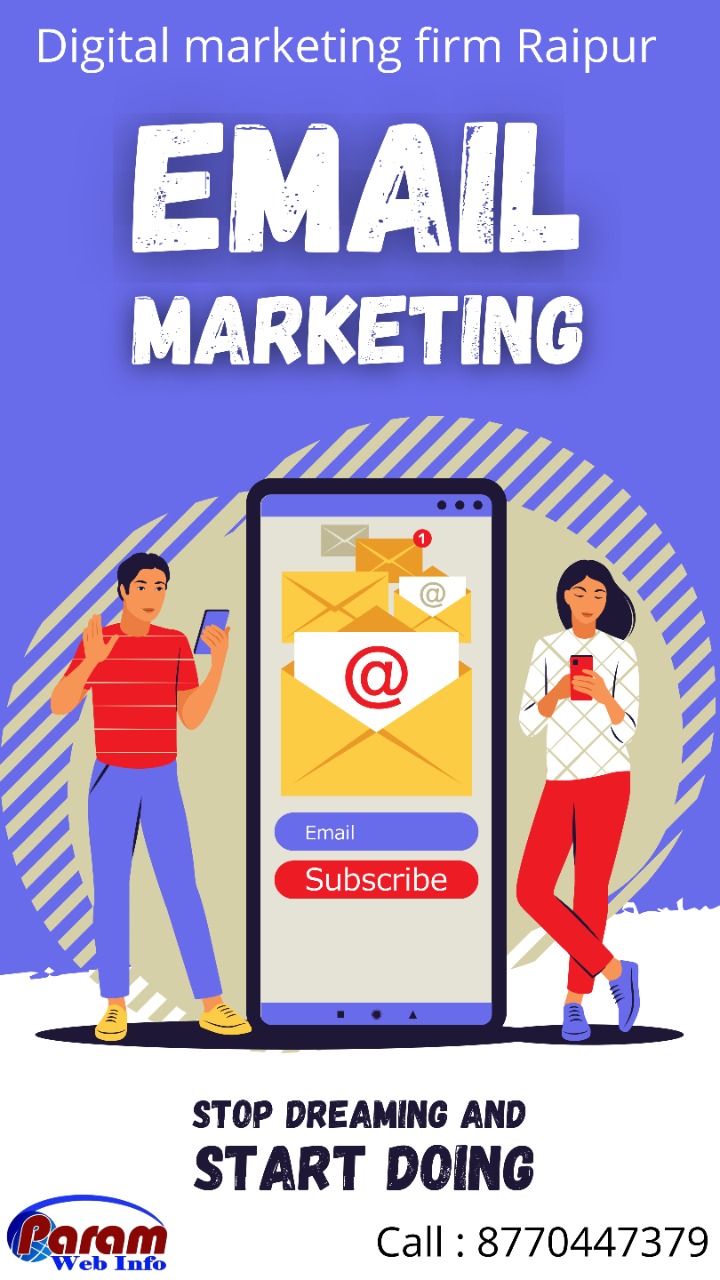
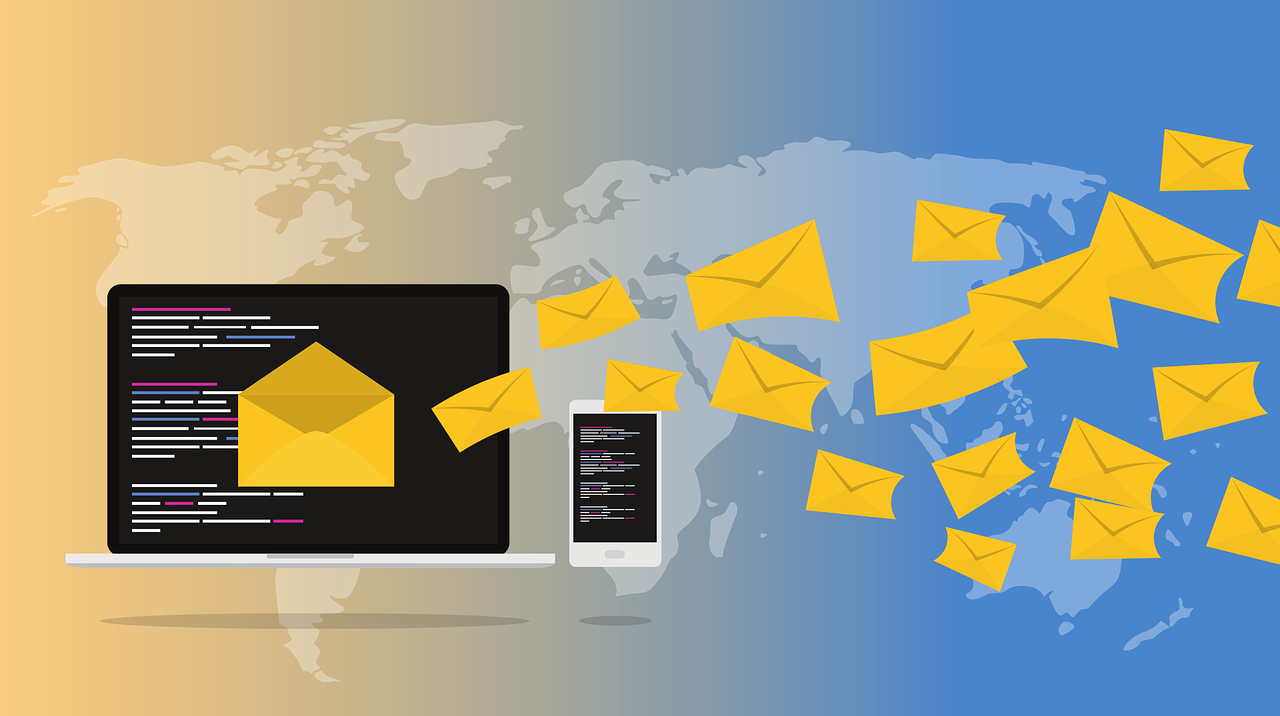
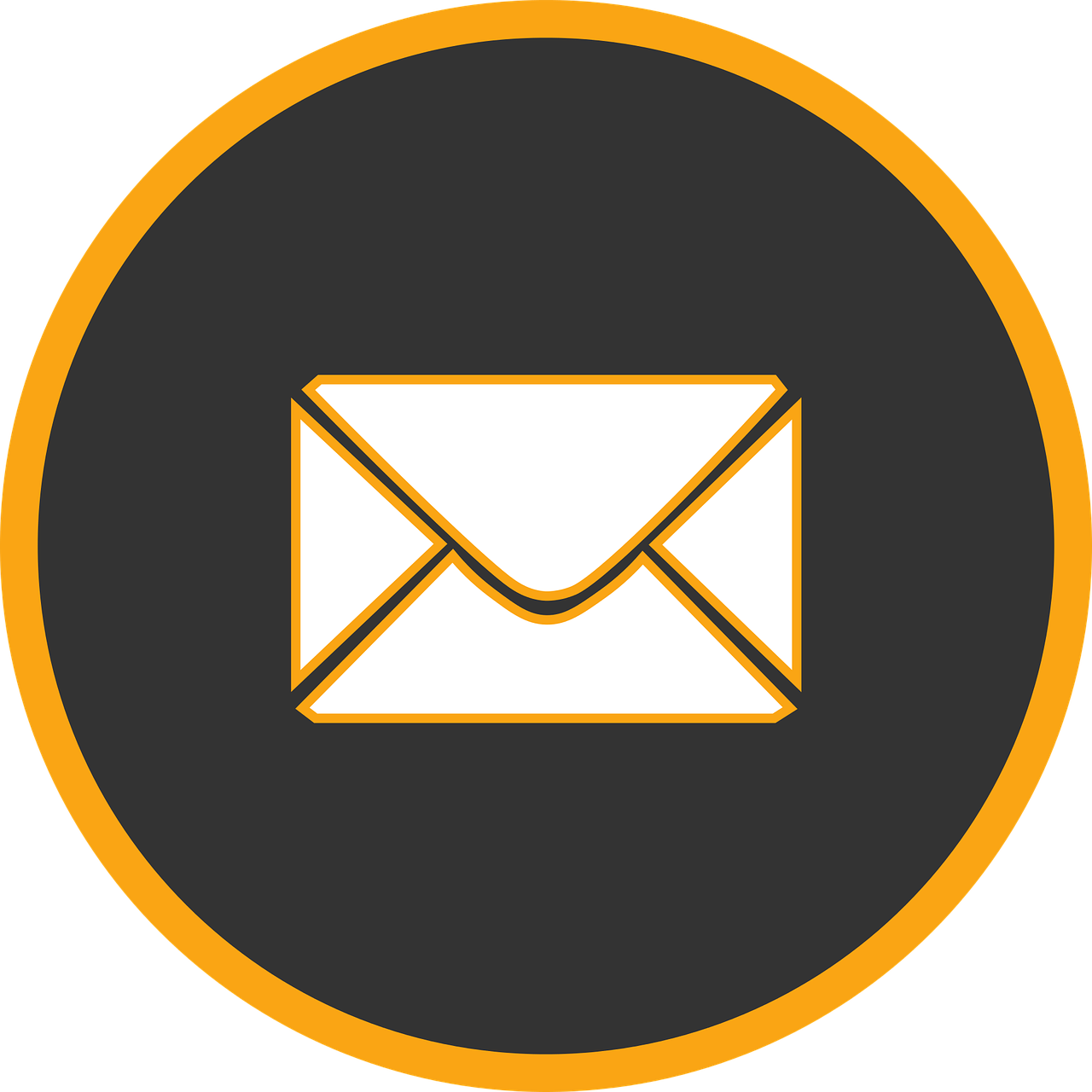
Email Marketing Template
We a team of experienced email marketing professionals that precisely know what it takes to build a functional email template design that’s easy to read and respond to. Accordingly, we design and code email templates. Additionally, we provide mobile-friendly email marketing services to enable your target audience to read and respond to an email on the go! Besides, we customize email templates for the best user experience.

Email Automation
Automation forms a sustainable strategy concerning digital marketing. We help you automate your email marketing campaign by automating messaging with the required information and using the right database to yield better results in the form of quality leads. To do so, we use the right email marketing automation software. We automate email blasts, newsletters, weekly updates, etc., to keep your subscribers and prospects engaged.
